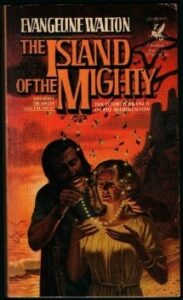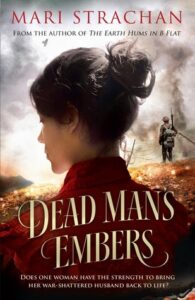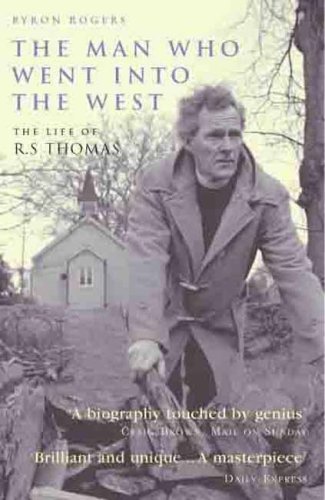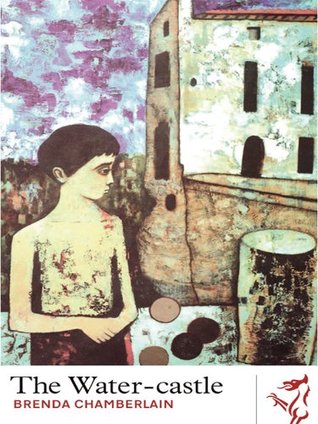I went looking for reviews of a book I picked up from the library yesterday, and boy, do I regret it. The book in question is The Rook, by Daniel O’Malley, and the problem was the protagonist’s name. See, the protagonist’s name is Welsh: Myfanwy Thomas. I don’t think you could get much more Welsh unless you had a guy called Evan Evans or something. Now, the author screwed up to begin with, because he decided he didn’t like the way ‘Myfanwy’ is actually pronounced. He wanted it to rhyme with ‘Tiffany’. So that’s what he has his character say, on the first page. That’s… actually annoying enough to me that I’m considering dropping the book without even opening it, but that’s not really the thing.
The thing was, going to look at reviews and finding a whole bunch where the reviewers are just so amused by this weird name. One of them said they constantly read it as ‘my fanny’. Some of them couldn’t spell it, even with it right there in front of them on the book or, even without the book, on the blurb on the very page they were reviewing on.
I remember as a kid asking my mum or dad why I didn’t have a Welsh name, since my mother’s all about being Welsh and proud. The answer I got was, “We thought other kids would make fun of you.” But there I was growing up with a strong Welsh identity in England, so although I’m assured by English people that this doesn’t happen, I was nonetheless bullied for that anyway. And the school sucked at dealing with it: a boy said ‘nigger’ to a friend in the playground, and the whole school got a half hour lecture about cultural sensitivity; I was bullied to tears, called Taffy and thief, on and on, and it was ignored. Inappropriate suggestions about me and sheep were also made, very graphically, from when I was eleven on up, but that wasn’t harassment of any kind.
I didn’t read a book by an author people recognised as Welsh until I was twenty-one (it was Margiad Evans’ Country Dance). In the introduction, Caitrin Collier wrote this:
I grew up in Wales in the 1950s and 60s, yet [Margiad Evans’] work was never mentioned at my school or local library. Whenever I asked the eternal question ‘What should I read next?’ I was directed towards Russian, English, American, German and French novelists. I discovered a few — a precious few — Welsh authors for myself, which only added weight to my teachers’s pronouncement that ‘people like you (translate as South Wales valley born) don’t write’.
That was my experience, too, though granted in England in the 90s and 00s. It mirrors stuff I’ve read about the experience of many more widely recognised minorities — people of colour, the queer community, women, people of non-dominant religions… Some of the discussions I’ve had about figuring out identity, about language — specifically, not speaking your ‘own’ language, or being encouraged not to — and fitting in all chimed with this issue for me.
I pointed out to a couple of these reviewers what kind of cultural issues they were trampling on. But nobody gives a shit, it’s ‘only’ Wales, it’s just a personal sob story about a name that isn’t even mine. (The fact that I don’t have a Welsh name because of exactly these issues doesn’t seem to mean anything.)
“Go and find your own place to tell these stories,” someone said to me, when I brought up that issue of identifying with those issues of other minority groups. “People will listen to you because you’re privileged, and they won’t listen to us. By talking about it here, you’re taking away the attention we need for our issues.”
I can understand why they wanted to keep the boundaries of their space clear, but I wonder why on earth they thought anyone would listen to me? I’m still looking for that mythical place where people will. Half the time, I find myself wondering if I’ve got anything interesting to say at all, but every now and then, someone else reaches back and says, yeah, I felt this too. So I’m not quite alone.
 The Island of the Mighty, Evangeline Walton
The Island of the Mighty, Evangeline Walton


